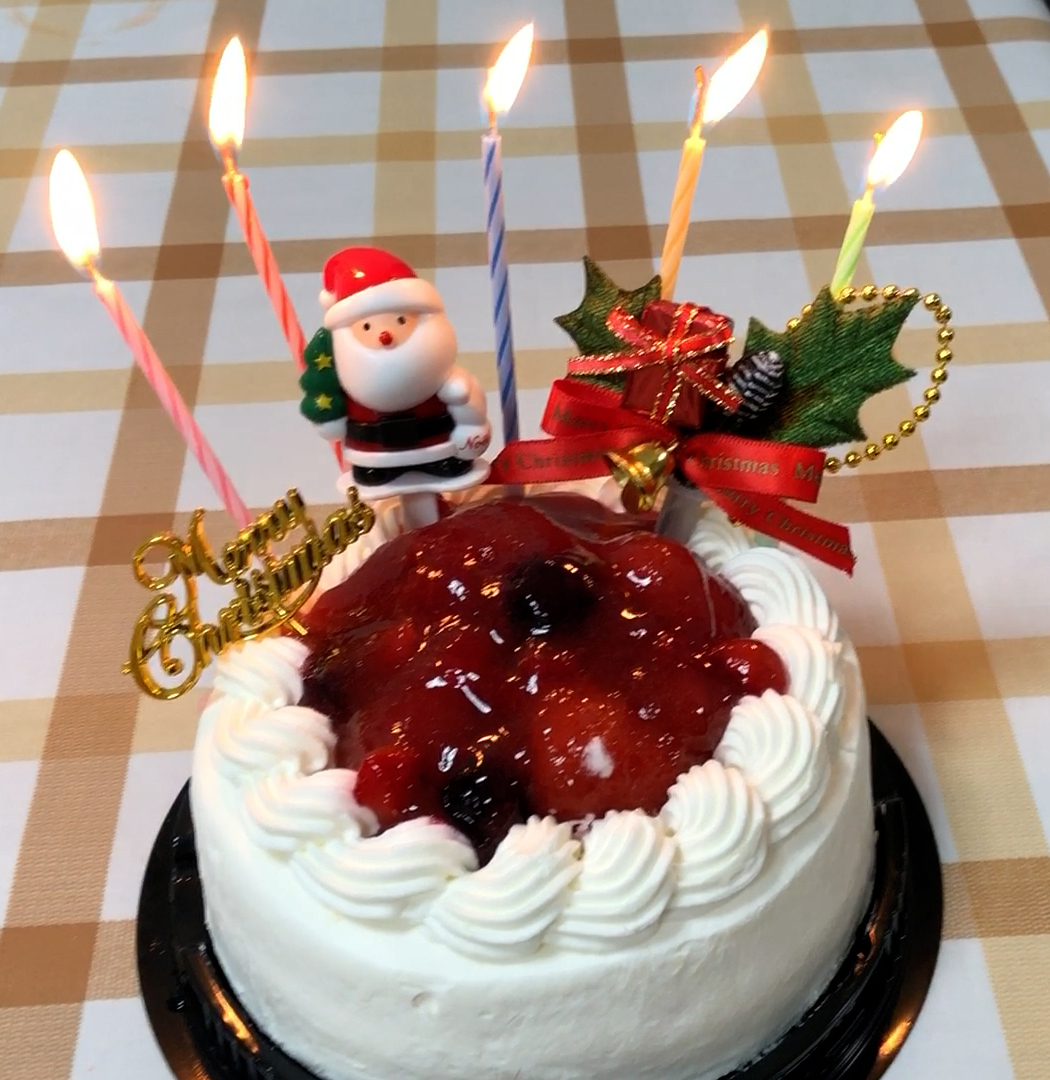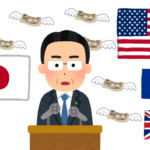
For the Japanese, Christmas is an end-of-year event with no religious affiliation.
The city is decorated with Christmas trees, there are special Christmas cake stands in the terminal stations, and grilled chicken is selling like hotcakes in department stores and supermarkets.
The custom of giving Christmas gifts has also taken root.
Unlike Japan, where it is merely an end-of-the-year event, Christmas is a special event for Filipinos, most of whom are Christians.
The Christmas season begins in September with Ber Month, and culminates on December 25 with Simbang Gabi, an early morning mass held in churches from nine days before the birth of Christ until the 24th.
The same is true in the Philippines, where the Corona disaster is causing people to refrain from partying. In past years, many workplaces would hold large Christmas parties, but this year there seems to be very few.
On Christmas Day, families usually gather together to give thanks to God and enjoy dinner together, and children are given Pamasko, a New Year's gift, just like New Year's in Japan.
When I eventually come to live in the Philippines, I'll have to prepare for Pamasko as well as dinner.
At our house in Japan, it was just the two of us with a Christmas tree, Christmas cake, chicken, and a gift for my wife who always gives me happiness.
There are many cultural differences between Japanese and Filipinos, but I think the biggest difference is that when something fortunate happens, Japanese people thank the people and society that brought it to them, while Filipinos thank God.
So my gratitude is to my wife, but Filipinos would thank God.
Filipinos believe that it is God who created such a situation.
This is a sign that Japanese society is built on relationships between people, while Christianity and Islam, not just in the Philippines, are built on relationships between people and God.
It seems that in the Islamic world, everything is cleared up with the word Insurer, or the will of God.
For example, when you promise to meet someone tomorrow, you say, "Insurer," and when you don't show up at the appointed time, you say, "Insurer," and you are not ashamed.
God has nothing to do with making promises and carrying them out. Isn't it up to us to keep our promises? If I were the one who broke a promise, I would be ashamed of myself.
Japanese people usually think that breaking a promise is due to lack of effort on their part. There is an assumption that if you work hard, you can do anything.
But when I think about it, maybe they're right in a way. Maybe it's more irreverent to think that you can do anything if you try.
There is a Japanese proverb that says, "Do your best and wait for your destiny.
There are things that are beyond the reach of human knowledge and effort alone.
I think it would be nice to have a Christmas where we don't just think of the happiness we have now as a result of our own choices, but also as a gift from a greater being (we can call it God).
Of course, I am grateful to my wife as well.









